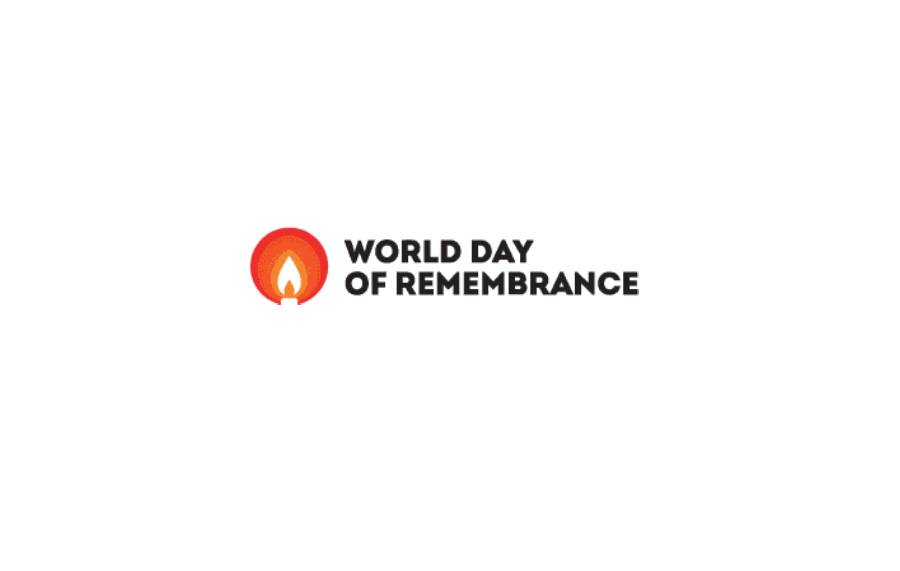World Day of Remembrance for Road Traffic Victims
Today, we join the global community in commemorating the World Day of Remembrance for Road Traffic Victims, honoring the lives lost and those left forever changed by road traffic crashes. This day serves not only as a solemn reminder of the human cost of road traffic incidents but also as a call to action for all stakeholders to prioritize road safety. Globally, road traffic crashes claim over 1.19 million lives each year and leave millions more injured or disabled. Liberia is not immune to this crisis. According to recent data, road traffic crashes are one of the leading causes of premature death in our nation, with over 900 lives lost annually and thousands injured. These numbers represent mothers, fathers, children, and loved ones.

The economic and social burden of road crashes is immense, draining resources that could be directed toward national development. Beyond the statistics, every crash leaves behind grieving families, disrupted livelihoods, and communities struggling to rebuild. For many families, the loss of a breadwinner in a road traffic crash means not only emotional devastation but also financial hardship, with surviving family members often left to fend for themselves without adequate support. This underscores the urgent need for the establishment of a Social Safety Net for road crash victims and their families. Such a system could provide financial assistance, access to healthcare, educational support for children, and opportunities for economic empowerment. These measures are essential to help affected families regain stability and ensure that they are not left to suffer in silence.
Road Safety Action International (RSAI) urges immediate and sustained action to improve road safety across Liberia. We call for:
- Strengthening road safety policies – Enforce existing traffic laws and introduce new legislation to address emerging challenges, such as distracted driving and motorcycle safety.
- Investing in safer infrastructure – Improve road conditions, construct pedestrian walkways, and ensure proper road signage to prevent crashes. Improving post-crash care – Enhance emergency response systems to reduce fatalities and provide timely support for victims.
- Establishing social safety nets – Capacity building and awareness campaigns – Educate drivers, pedestrians, and all road users about safe practices.
- Develop programs that provide long-term support for families affected by road crashes, including financial aid, job training, and scholarships for children of victims.
Partnerships remain crucial to achieving these goals. However, we are calling on government institutions, international organizations, NGOs, and other key stakeholders—who have played vital roles in addressing road safety and its broader public health implications—to strengthen collaboration efforts and work collectively to improve road safety in Liberia.
Today, as we remember those lost and support survivors, let us commit to taking concrete steps toward a safer Liberia. Together, we can save lives, prevent injuries, and build a future where our roads are safe for everyone.
